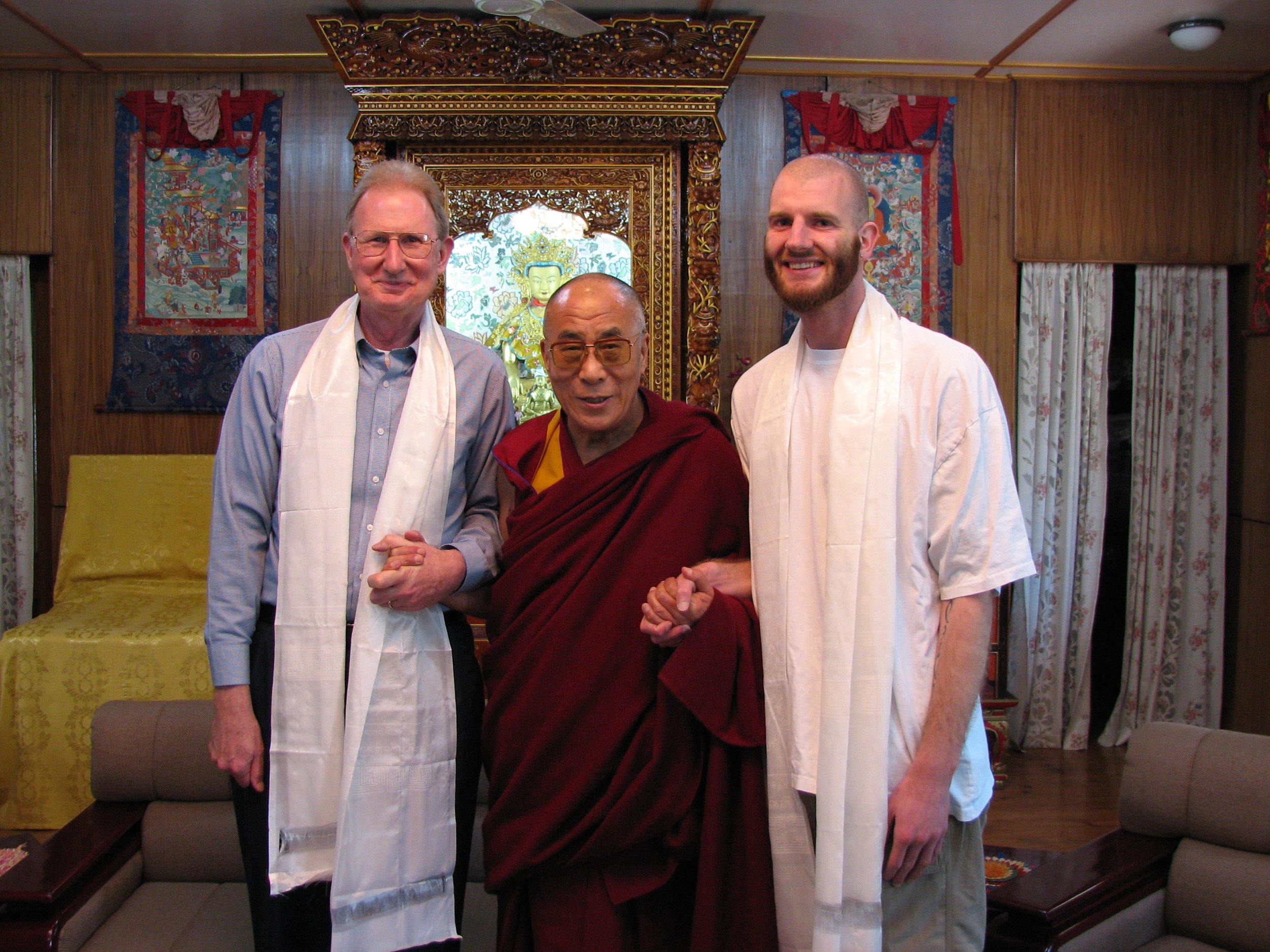The Dream is not a Destination
Today is Dr. Martin Luther King Jr. Day. On this day I always reflect on a piece of my family history—my father was in attendance in 1963 for Dr. King’s “I Have a Dream” speech at the Lincoln Memorial in Washington, DC.
He was a college student at the time, and went with many of his peers in busloads to join the Civil Rights marchers. I recently asked my now 80-year-old father if he was aware of the significance of the speech while among that gathering of 250,000 people standing up for racial justice in the United States.
His answer was simply: “No. I didn’t know that it would come to be considered one of the most important speeches ever delivered. Then it was simply part of a day of excitement, high hopes, and a sense of possibility. We could make King’s dream a reality.”
I’ve come to believe Dr. King’s dream is not a destination. I believe Dr. King’s dream is a frame of mind, an attitude, a belief system. It’s approaching the world by assigning an inherent value to human life.
This cuts across race, religion, ability, class, gender, age, or where we fall on the spectrum of sexuality.
It quite frankly just feels better navigating the world believing you can find value in human connection with anyone. The cognitive and emotional labor of carrying hatred toward others because of the color of their skin or who they choose to love is simply not worth it.
Philip and his father Robert with the Dalai Lama at his personal residence in Dharamshala, India in 2007.
I’ve long said that my greatest aspiration is to be the kind of man my father is. With regard to the bond that my father and I share, many people have remarked to us throughout the years: “The apple didn’t fall far from the tree.” Indeed, we’ve each spent our entire careers promoting diversity appreciation and awareness, working with marginalized communities, and nurturing a sense of belonging in human beings.
Knowing my father was present at Dr. King’s speech in 1963, made it one of the greatest honors of my life when in 2006 I was awarded the Dr. Martin Luther King Jr. “Keeping the Dream Alive” Award from the NAACP Chapter at Drexel University. The focus behind my receiving the award was “The Culture of Respect” course I was teaching at the university—and which I’m still trying to breathe into the world 17 years later through founding The Culture of Respect as an organization. Through our courses and events we nurture personal development, compassionate interpersonal communication, and a sense of belonging and acceptance for yourself and others.
The lineage of Dr. Martin Luther King, Jr. doesn’t only exist in The Culture of Respect by my father having been present at Dr. King’s “I Have a Dream” speech in 1963—all of our leadership and facilitation team, and all of those who have participated in The Culture of Respect journey, represent the belief system behind that vision, and it makes for the most tremendous community of human beings I’ve been privileged to hold membership in.
I’ll close by saying thank you to Dr. King. Thank you for continuing to show the world through your example that there is a better way than the way we’re doing things right now. I’ll part with a final image that shows another connection of Dr. King’s lineage with The Culture of Respect—his wife and fellow Civil Rights Leader, Coretta Scott King, alongside her friend Lillie Mae, the great grandmother of The Culture of Respect facilitator, Elon Hall.
Lillie Mae Leslie and Coretta Scott King.



